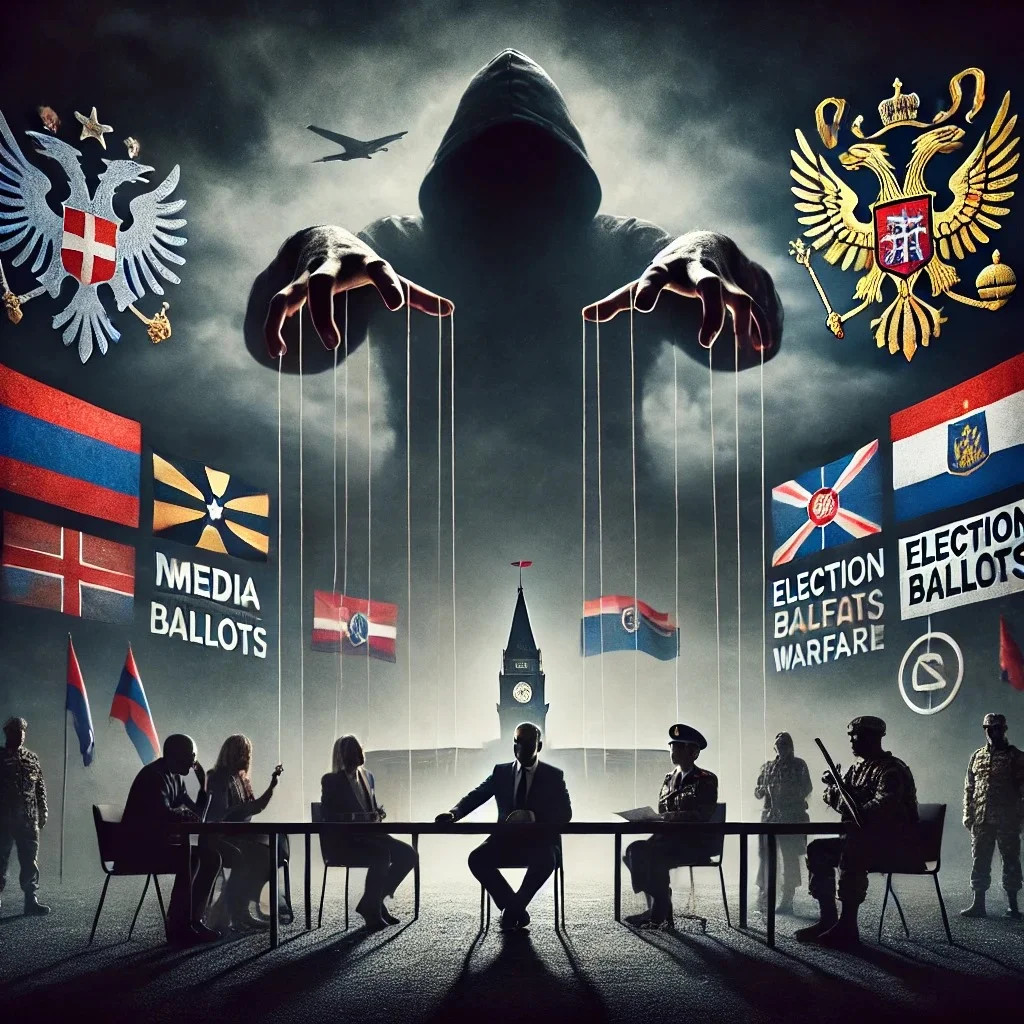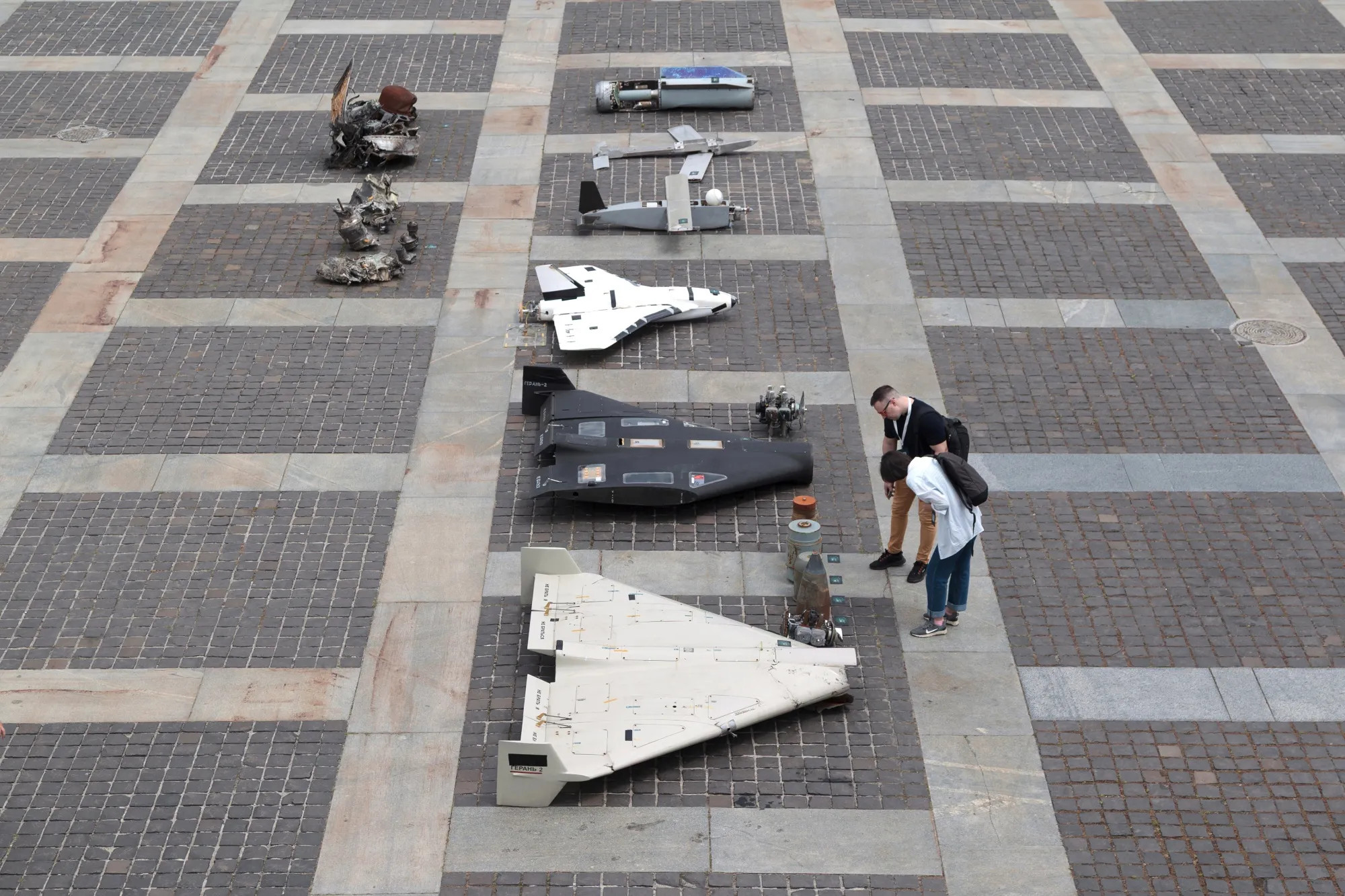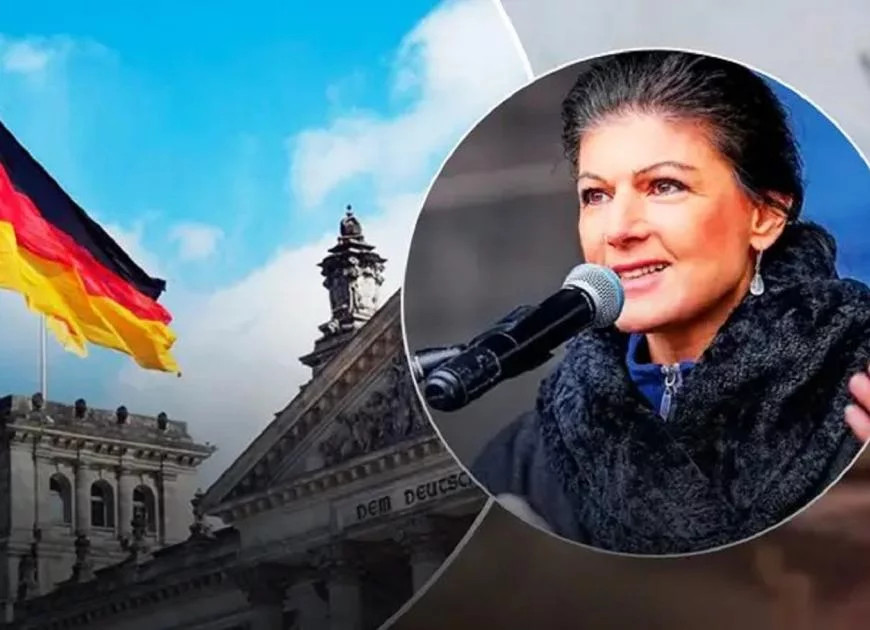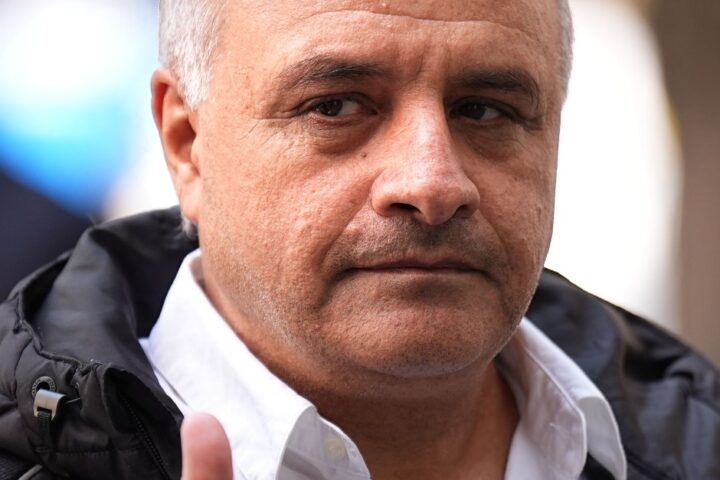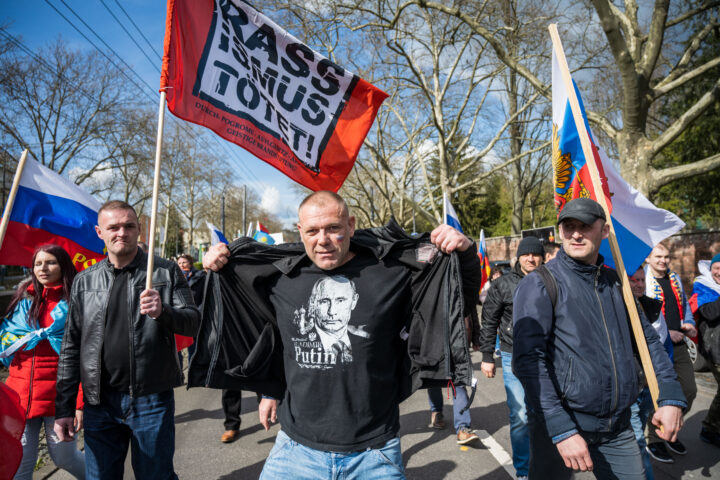On October 4, Sarajevo hosted a roundtable titled “Current Security and Stability Threats in the Western Balkans: Destructive External Influences and Internal Factors” at the Holiday Hotel. Experts from Bosnia and Herzegovina, Montenegro, Serbia, Moldova, and Ukraine participated. The event was organized by the Center for Western Balkans Studies and focused on Russia’s growing role in undermining regional stability.
Key Challenges: Election Interference and Political Crises
Participants pointed to the expansion of Russia’s hybrid influence, particularly regarding interference in Moldova’s parliamentary elections on September 29 and political instability in Serbia. Balša Božović, founder of the Regional Academy for Democratic Development, stressed that external threats have increased recently, with Moscow acting both directly and through Serbian political channels.
Disinformation and Covert Influence Across Sectors
Ljubomir Filipović, co-founder of CWBS, emphasized that Russian influence extends beyond media disinformation to educational and cultural spheres, deepening societal divisions and destabilizing the region. Reuf Bajrović, Vice President of the U.S.–Europe Alliance, pointed out subtler forms of influence, particularly in the energy sector of Republika Srpska, where Russian companies have a growing presence. He also stressed that Belgrade is not Moscow’s only influence hub, noting active cooperation from local political actors such as Milorad Dodik.
Paramilitary Activity and Diplomatic Expansion
Investigative journalists from BIRN Bosnia and Herzegovina — Nino Bilajac and Irvin Pekmez — reported the existence of Russian paramilitary camps in Bosnia training hundreds of fighters for operations connected to Moldova’s elections. Bilajac also noted a significant increase in the staff of the Russian embassy in Sarajevo, including diplomats previously expelled for espionage in other countries. Moldovan political analyst Roman Russu described Russia’s influence as unprecedented in scale, combining disinformation campaigns with paramilitary preparation to secure strategic positions against Kyiv and Bucharest.
Local Interests and Geopolitical Implications
Omar Memišević suggested that Moscow’s goals in the Balkans may conflict with the national priorities of local elites. Boris Varga described Russia and Serbia as key destabilizing factors and warned that Europe’s lack of engagement creates opportunities for Russia to strengthen its influence. Natalia Gumba of CWBS stressed the importance of viewing Western Balkans security within a broader European framework to effectively counter these threats.
Russia’s hybrid strategy in the region illustrates the complexity of today’s security landscape, combining both overt and covert influence that could shape the future stability of the Western Balkans.
